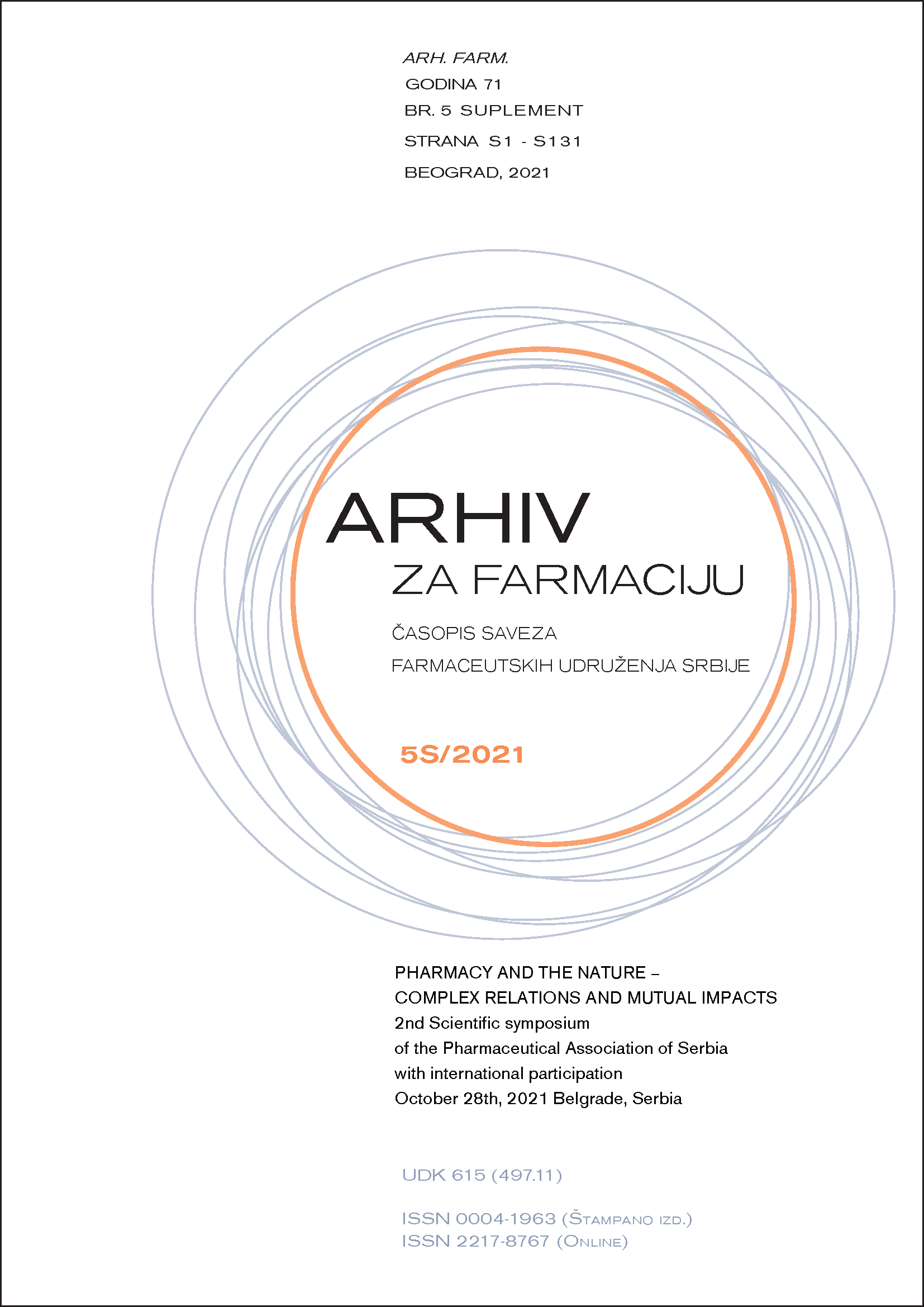APPLICATION OF SOLVENTLESS GRANULATION METHOD FOR DEVELOPENT OF NOVEL CO-PROCESSED EXCIPEINTS
Abstract
The lack of directly compressible excipients and the introduction of the high-speed manufacturing machines have further increased the interest in the development of co-processed excipients. In the present study, in situ fluidized bed melt granulation (FBMG) as an environmental friendly and cost-effective method, was applied to co-process the most common filler, lactose monohydrate, with lipid excipients glyceryl dibehenate (Compritol® 888 ATO) or glyceryl palmitostearate (Precirol® ATO 5) known for their antiadhesive, lubricant and flowing aid properties (1, 2). The goal of this study was to develop the lipid-based co-processed excipients and to investigate their flowability and tableting properties using a solvent-free and eco-friendly, FBMG method.
The flow properties of the tested samples (the single-component excipients, their physical mixtures, lactose (85% (w/w)) co-processed with Precirol® or Compritol® (15% (w/w)), and commercially available lactose-based co-processed excipients (Retalac® and Ludipress®) were evaluated by Carr index and Hausner ratio. Dynamic compaction analysis of the investigated excipients was performed on a single punch instrumented tablet press (GTP D series, Gamlen Tableting Ltd, UK).
Comparable or even better flowability of co-processed excipients obtained via in situ FBMG, in comparison to commercial co-processed excipients indicate their suitability for direct compression. Co-processed excipients with Precirol® and Compritol®, as well as the corresponding physical mixtures, showed two to almost three times lower values of total work of compression than those obtained for commercial lactose-based excipients. Furthermore, co-processed excipients prepared with lipid excipients showed up to 50-fold lower detachment work and up to 20-fold lower ejection work than those obtained for Retalac® and Ludipress®. Superior antiadhesive and lubricating properties of the excipients prepared by in situ FBMG can be attributed to the properties of lipid excipients. Both commercially available and the investigated co-processed excipients, prepared with lipid excipients, showed relatively high tensile strength values (>1.7 MPa).
The results presented in this study indicate that in situ fluidized bed melt granulation can be used as suitable co-processing technique, as a time and energy less consuming method in comparison with commonly applied techniques such as spray drying and wet granulation. According to the results obtained, by co-processing lactose with selected lipid excipients excellent flowability, as well as improved tableting properties can be achieved. Novel co-processed excipients were even found to be highly superior regarding their antiadhesive and lubricating properties in comparison to commercial lactose-based co-processed excipients.

